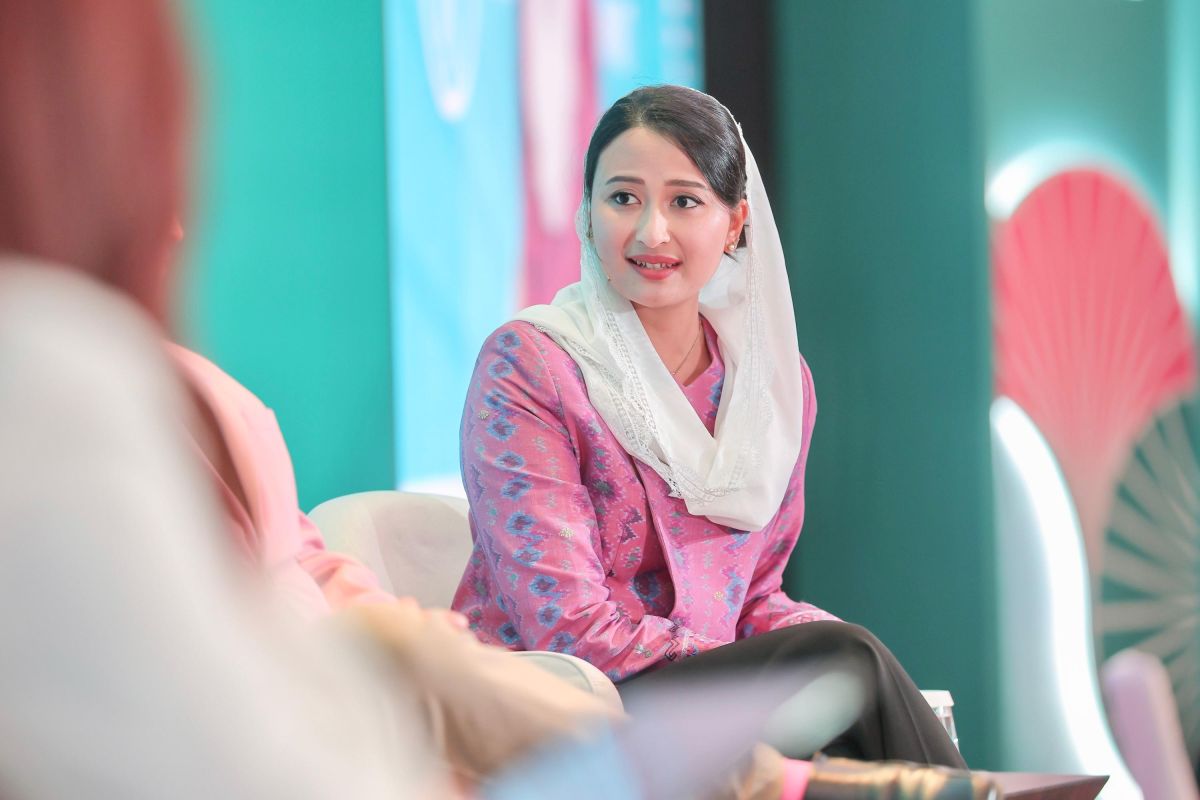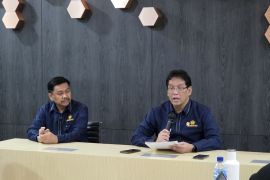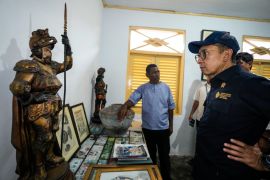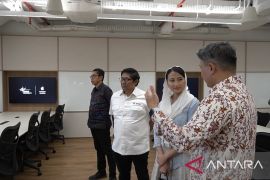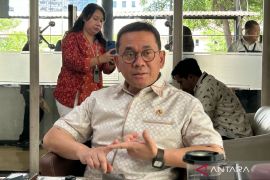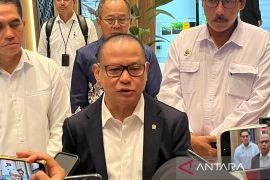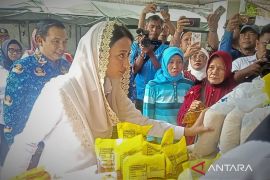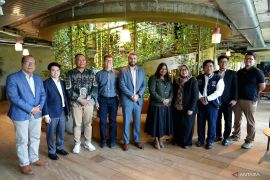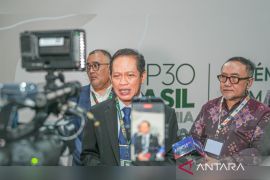In a statement received here on Saturday, Esti said globalization represents the interconnectedness among nations worldwide, with trade being a key sector that benefits from it.
"Although current geopolitical dynamics are steering globalization toward multipolarity, Indonesia remains consistent in maintaining openness and engagement with the world, in line with our foreign policy principles," she noted.
Speaking at the Milken Institute Asia Summit 2025 in Singapore on Thursday (Oct 2), during a session titled “Can Globalization Be Great Again? Doing Business in a Changing World,” Esti outlined Indonesia’s strategy for tackling global challenges by expanding market access.
She emphasized that Indonesia is working to continuously broaden its global market reach in line with its commitment to trade openness and international economic cooperation.
“Indonesia has so far expanded market access through 24 trade agreements with 30 countries, including the Indonesia–EU CEPA, the Indonesia–Canada CEPA - which was recently signed in Ottawa on September 24, 2025 - and the Indonesia–Peru CEPA,” Esti said.
She added that Indonesia is also exploring non-traditional markets, particularly in Africa, such as Tunisia and Mozambique, to adapt to current global trade dynamics.
Indonesia’s export value from January to August 2025 rose 7.72 percent to US$185.13 billion compared to the same period in 2024. During that time, Indonesia recorded a trade surplus of US$29.14 billion, marking 64 consecutive months of surplus.
“We are not only focusing on expanding markets but also promoting exports by strengthening trade in services across various sectors, including retail, e-commerce, logistics, health care and nursing, banking, tourism, culinary arts, design, fashion, and construction,” she said.
According to Esti, such diversification ensures that Indonesia’s economy and trade are not solely dependent on goods.
She further highlighted the importance of maintaining a balance between domestic interests and global openness to strengthen Indonesia’s competitiveness.
This approach, she said, aligns with President Prabowo Subianto’s Asta Cita vision, which focuses on downstream industrialization, food and energy security, and human resource development.
The deputy minister affirmed that the government continues to create opportunities for domestic enterprises to grow while safeguarding them from the adverse impacts of globalization.
“The government’s current policy focus is on downstream development in the industrial, plantation, and fisheries sectors, which can generate multiplier effects through job creation and the transfer of knowledge and technology,” Esti explained.
She also encouraged business players to keep innovating and comply with international trade standards so that, together with the government, they can foster a conducive business climate and attract greater investment.
Related news: Indonesia supports closer ASEAN-EU economic cooperation
Related news: Ministry discusses strategies to increase RI exports to EFTA countries
Translator: Kelik Dewanto, Katriana
Editor: Primayanti
Copyright © ANTARA 2025
